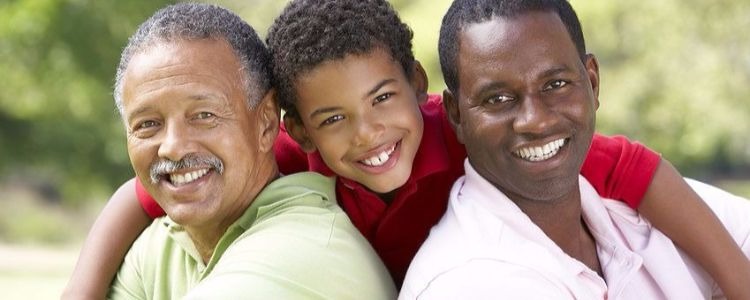Black Mental Health Matters: 6 Must-Read Pieces for Black History Month
Eating disorders are often thought of as diseases that affect only young, white women; but in reality, they affect people from all demographics, including race, ethnicity, and culture.
This Black History Month, we acknowledge how far the field still has to go in recognizing and treating eating disorders in people of color. Despite similar rates of eating disorders among all races in the United States, people of color – especially Black people – are significantly less likely to receive help for their eating issues.
Through educating ourselves and speaking out about eaing disorders among people of color and unique barriers to reatment, we can begin to create needed change. Below, here are six important pieces that discuss eating disorders and marginalization.
The Problematic Whitewashing of Eating Disorder Recovery
Although eating disorders can affect anyone, the “rich white girl trope” continues to dominate public thinking and media images. Eating disorder survivor Lakesha Lafayett discusses why this is so problematic.
Unlearning “Perfect” As a Woman of Color in a Racist World
Lakesha Lafayett shares how she overcame perfectionism and embraced the bumpy journey of eating disorder recovery.
Filmmaker Tchaiko Omawale is Opening a Conversation about Black Women and Eating Disorders
Tchaiko Omawale actively took part in a binge eating disorder, self-harm, and body dysmorphic behaviors until the age of 30. Read this powerful and inspiring interview to learn more about her story.
Black disabled activist Keah Brown created a viral hashtag called #DisabledandCute. Learn more about her story and some of the specific struggles that multiply-marginalized people face in body positive and recovery communities.
Don’t Go the Journey Alone: This is How You Can Develop the Ultimate Support System in Recovery
Don’t miss Ashley Michelle Williams tips on forming a support system in eating disorder recovery.
Thank You, Martin Luther King, Jr., for Inspiring Me to Live Fearlessly
Learn how civil rights activist Martin Luther King, Jr. inspired Ashley Michelle Williams’ to make the most of her time and create positive change.




